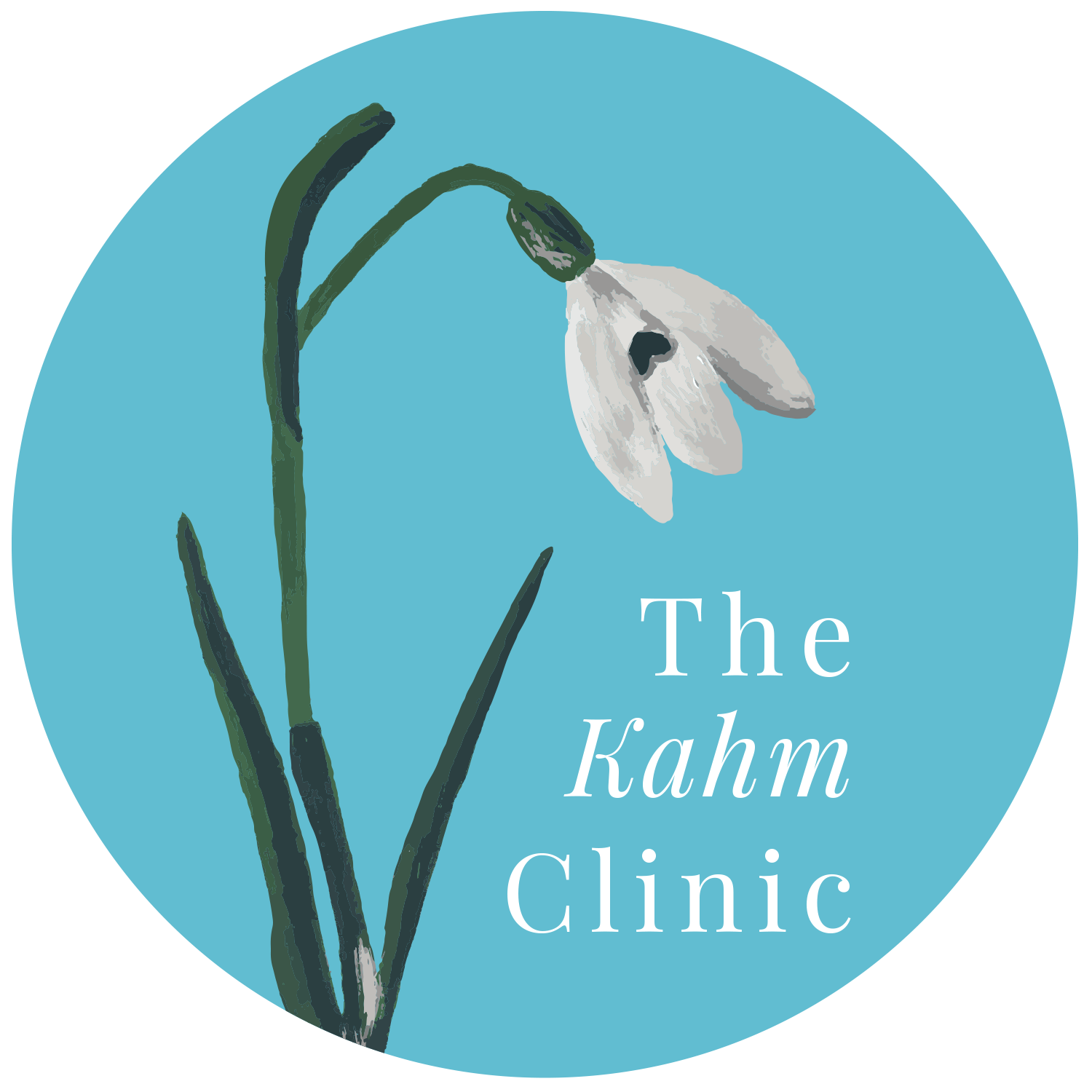Veganism: What You Need to Know
In a world where it feels like a new, trendy diet pops up every day, veganism seems to be sticking around. According to The Vegan Society, veganism is “a way of living which seeks to exclude, as far as is possible and practicable, all forms of exploitation of, and cruelty to, animals for food, clothing, or any other purpose.” Many people adopt a vegan diet for health reasons, while others make the lifestyle change as a way to show compassion for the environment. Regardless of the driving factor behind your choice, it’s important to ensure that you’re still receiving the nutrients needed to live an energetic and healthy life.
Common Nutritional Deficiencies of a Vegan Diet
It’s common to experience nutritional deficiencies if you’re not careful with your vegan diet. Followers of veganism are often unintentionally under-eating, which causes their body to break down lean mass (muscles, connective tissues, and brain matter) for energy while holding onto fat. Without proper guidance, you may experience fatigue, gastrointestinal distress, and other physical complications — all in an effort to be healthy!
For instance, eating only plant-based foods eliminates many forms of protein from your diet, forcing you to rely on sources like tofu, beans, chickpeas, lentils, and quinoa. However, plant-based protein sources require much larger portion sizes to get the same amount of protein as an animal source provides.
At The Kahm Clinic, we like to compare tofu and chicken as an easy-to-understand example. On average, adults need around 30 grams of protein at each meal. 3 ounces of chicken has 26 grams of protein, while 4 ounces of tofu (1/2 cup) has only 10 grams of protein. So in order to reach the 30 grams needed per meal, someone would need to consume just over 3 ounces of chicken or 12 ounces (1 and 1/2 cups!) of tofu. Most people would not naturally serve themselves such a large portion of tofu, which is why it’s important for vegans to understand the difference between animal-based and plant-based proteins.
Other important nutrients to pay close attention to include iron, calcium, vitamin B12, and vitamin D.
How We Can Help
At The Kahm Clinic, we can help you figure out if your body is receiving the nutrients it needs from your vegan diet. Using our Metabolic Test and Body Composition Analysis, we can easily determine how your body is functioning using only plant-based fuel. First, by completing the Metabolic Test, we can see if your body is relying on too much lean mass for energy. And if so, we can adjust your vegan diet and add supplements as needed to ensure you’re getting enough nutrients. Then, at follow-up visits, we can use Body Composition Analysis to track your progress and make changes to help you become your best self.
If you’ve chosen to adopt veganism, dig deep and think about the motivation for your choice. If you’re changing your diet for extreme weight loss, body shape control, or to avoid certain foods, a vegan diet may be an unhealthy way to restrict food and lose weight, ultimately hiding an eating disorder. Please reach out to The Kahm Clinic if you’re concerned about yourself or a loved one.

